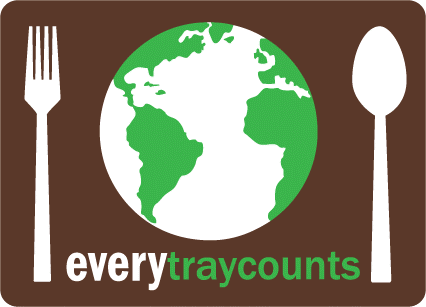Polystyrene is a petroleum-based substance used to make the foam school trays that the most American children use to eat their lunches. Styrene, a component in polystyrene, has been classified as a possible human carcinogen by the Environmental Protection Agency (EPA). However, polystyrene remains classified as safe for food contact by the Food and Drug Administration (FDA). Workers who are chronically exposed to polystyrene in construction facilities are at risk of other negative effects such as depression, headaches and damaged kidney function.
There are also a host of environmental problems associated with polystyrene trays:
• they have very little recycling ability
• they are not biodegradable
• they take up more space in landfills than alternatives
• they take a high amount of energy to produce compared to alternatives
• their basis, petroleum, is a non-renewable resource that is quickly dwindling
• if they become litter, they can be extremely harmful to wildlife by choking or clogging the digestive system
However, the inexpensive trays are seen as the economical choice by cash-starved school districts, despite the possibility that using alternatives will save money in trash costs.
It makes much more sense to Every Tray Counts to use environmentally friendly compostable trays that can naturally biodegrade or be put in a composting facility to create compost for agriculture.
The Center for Disease Control’s (CDC) Agency for Toxic Substances and Diseases has released several resources about styrene, the substance used to make polystyrene trays, including a styrene fact sheet and FAQs. The National Toxicology Program’s 2008 report on styrene concludes that it is reasonably suspected to be a carcinogen.
Also, see the Earth Resource Foundation’s summary of the costs of using polystyrene and Grinning Planet’s report on its health problems.
